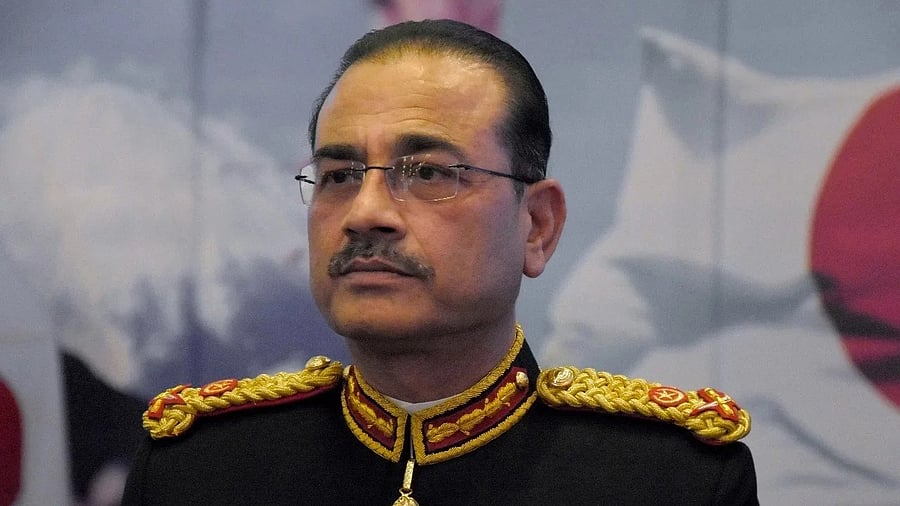
Asim Munir.
Credit: PTI Photo
Islamabad: Pakistan's National Assembly on Thursday amended the army law, paving the way for the appointment of Army chief Field Marshal Asim Munir as the coup-prone country's first Chief of Defence Forces.
The development comes as President Asif Ali Zardari on Thursday gave his assent to the controversial 27th Constitutional Amendment, making it part of the Constitution.
The purpose of the changes in the Army Act is to align the armed forces laws with the latest Constitutional Amendment, said a statement issued by the Prime Minister's Office.
Speaking in the National Assembly after Defence Minister Khawaja Asif presented the bill to amend the Army Act, Law Minister Azam Nazeer Tarar said the changes were not new laws, but amendments to existing legislation.
"The change in the Army Act is that the current Chief of Army Staff will concurrently be the Chief of Defence Forces [CDF]," he said, adding that the CDF's term would be five years from the date of his appointment.
Tarar added that certain provisions have been removed from the Navy and Air Force Acts, while others have been introduced.
General Munir, who was promoted to the rank of Field Marshal just days after the four-day conflict with India, is only the second military officer in the country's history to be elevated to the position, after Field Marshal Ayub Khan in the 1960s.
Experts said that a new notification would be issued after the changes to appoint the CDF.
As the current Chief of Army Staff (COAS), Munir is set to be appointed as the first CDF and his tenure of five years would begin with the new appointment, Hafiz Ahsan Khokar told Geo News.
“The five-year tenure of CDF/COAS will begin with the new notification of appointment,” he said.
Munir was appointed as the army chief in 2024 for three years.
Earlier, the 27th Constitutional Amendment changed Article 243 and introduced, in addition to the CDF post, honorary titles such as Field Marshal, Marshal of the Air Force, and Admiral of the Fleet.
Only the parliament would have the power to reverse the titles of the armed forces' chiefs and impeach them.
Additionally, the prime minister would appoint the National Strategic Command's commander from the Army on the CDF's recommendation.
The powerful Army, which has ruled the coup-prone country for more than half of its 78-plus years of existence, has hitherto wielded considerable power in matters of security and foreign policy.